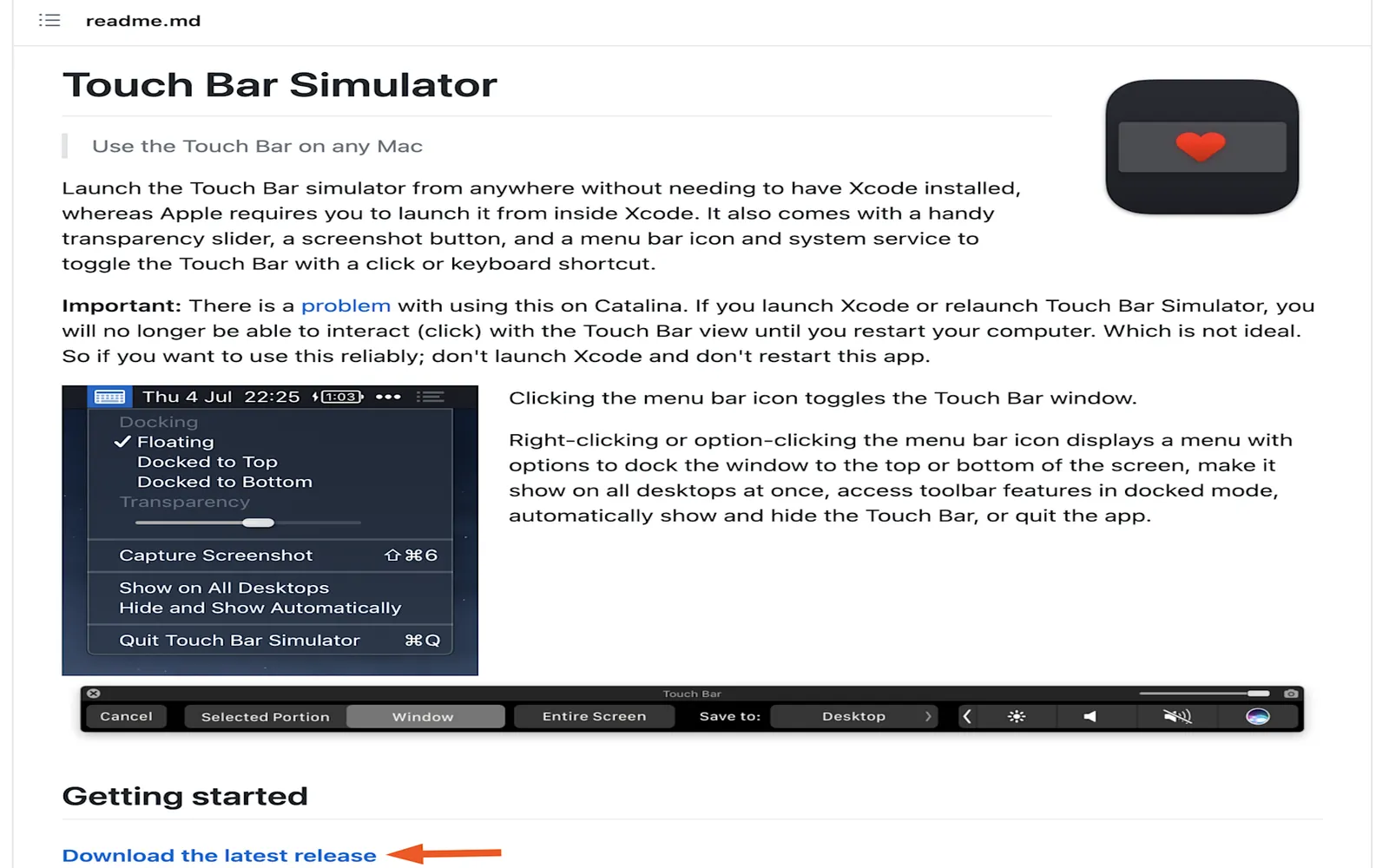GitHub is a web-based platform that facilitates version control and collaborative software development. It leverages Git, a distributed version control system, allowing multiple developers to work on projects simultaneously without conflict. GitHub has become an essential tool for programmers and development teams around the globe, providing functionalities that enhance productivity and streamline workflows.
Understanding Git and GitHub
To fully grasp GitHub, it's crucial to understand Git, the underlying technology. Git is designed to handle everything from small to very large projects with speed and efficiency. It allows developers to track changes in their code, collaborate with others, and revert to previous versions when necessary.
GitHub builds on Git’s capabilities by offering a user-friendly interface and additional features. Here’s a quick comparison of Git and GitHub:
| Feature | Git | GitHub |
|---|---|---|
| Version Control | Yes | Yes |
| Collaboration | Limited | Extensive |
| User Interface | Command Line | Web-based UI |
| Community Features | No | Yes (issues, pull requests) |
Key Features of GitHub
GitHub offers a multitude of features that simplify the development process and enhance collaboration:
- Repositories: The core of GitHub, repositories are where your project's files and history are stored.
- Branches: Branching allows developers to create separate versions of a project to experiment without affecting the main codebase.
- Pull Requests: A way to propose changes to a project, enabling team members to review and discuss modifications before they are merged.
- Issues: A feature for tracking bugs, tasks, and feature requests, allowing for better project management.
- Actions: GitHub Actions automates workflows, making it easier to build, test, and deploy code.
Why Use GitHub?
There are several compelling reasons why developers and businesses choose GitHub for their projects:
- Collaboration: GitHub promotes teamwork by allowing multiple contributors to work on projects and track changes seamlessly.
- Open Source Projects: It hosts millions of open source projects, fostering a community where developers can contribute and learn from one another.
- Integration with Tools: GitHub integrates with numerous tools and services, enhancing its functionality further.
- Documentation: Comprehensive documentation and community support make it easier for new users to get started.
GitHub for Businesses
For businesses, GitHub provides additional features tailored to enterprise needs:
| Feature | Description |
|---|---|
| Private Repositories | Allows teams to keep their code private, ensuring confidentiality and security. |
| Team Management | Tools for managing team access and permissions, making it easier to control who can do what. |
| Compliance and Security | Enterprise features that assist with compliance standards and security protocols. |
Getting Started with GitHub
To start using GitHub, you need to create an account and set up your first repository. Here’s a quick guide:
- Visit the GitHub website and sign up for a free account.
- Create a new repository by clicking on the "New" button on your dashboard.
- Choose a name for your repository and decide if you want it to be public or private.
- Initialize the repository with a README file to provide information about your project.
- Clone the repository to your local machine to start working on your code.
Conclusion
In conclusion, GitHub is more than just a version control system; it is a powerful platform for collaboration, project management, and community engagement. Its features, such as pull requests, branches, and issues, make it an invaluable tool for developers. Whether you are a solo developer or part of a large organization, understanding how to use GitHub effectively will enhance your development process and contribute to the success of your projects.
In the world of software development, leveraging tools like GitHub can significantly improve productivity and collaboration. As you delve deeper into your projects, remember the importance of utilizing the right features to maximize your potential.





